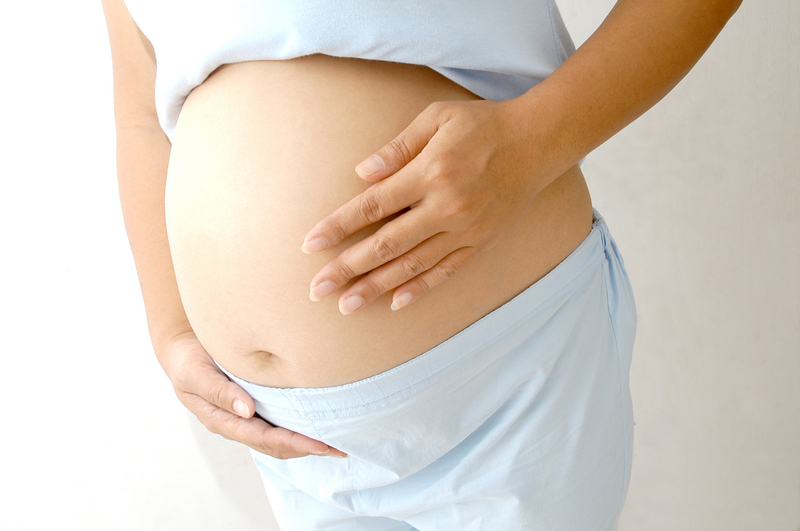Exercise During Pregnancy Benefits Baby's Heart

Exercise during pregnancy benefits not just the mother's heart, but her baby's heart as well, a new study finds.
The results show regular exercise during pregnancy lowers the heart rate of the fetus, and this effect persists for a month after the baby is born. A low heart rate indicates that the baby's heart is in good health, much like an adult that has gone through training.
The findings suggest exercise during pregnancy might be the earliest thing a mother can do to improve the cardiovascular health of her child after birth, the study researchers say.
"This exposure to maternal exercise has influenced the way that the nervous system and the way that the heart has developed, so that even after the baby is born and is not being exposed to mom's exercise anymore, you still see differences," said study researcher Linda E. May, an exercise physiologist and anatomist at Kansas City University of Medicine and Biosciences. "That heart is already born healthier," Maysaid.
However, it remains to be seen whether the heart benefits last beyond one month and ultimately lead to a reduced risk of cardiovascular disease later in the child's lifetime. To find out, additional studies will need to be done that follow the babies for several decades and look at clinical outcomes, such as the occurrence of a heart attack, said Dr. Sheila Dugan, an associate professor of physical medicine and rehabilitation at Rush Medical College in Chicago, who was not involved in the study.
The study will be presented this week at the Experimental Biology 2011 meeting in Washington, D.C. .
Young hearts
Sign up for the Live Science daily newsletter now
Get the world’s most fascinating discoveries delivered straight to your inbox.
The study involved 61 pregnant women. Mother and infant had their heart function assessed during and after pregnancy.
Women varied in both the amount and type of exercise they performed. Exercises included walking, running, yoga and weight lifting.
Women who exercised at least 30 minutes a day, three days a week had fetuses with lower heart rates compared to women who did not exercise. The differences between these groups were still seen one month after the baby was born.
Babies of moms who exercised also had increased heart rate variability, a measure that indicates the heart is being better controlled by the nervous system, May said.
It's not clear yet how exercise during pregnancy would benefit the fetus's heart. But it could be that a hormone or growth factor produced by the mother during exercise crosses the placenta and stimulates the baby's development, May said.
Exercise and pregnancy
The study adds to a growing body of research on the benefits of exercise during pregnancy. Working out while pregnant has been shown to ease back pain, lower the mother's blood pressure and improve mood.
Most types of exercise — including running, weight training and swimming — are safe during pregnancy for healthy women, May said. However, some types of exercise can harm the baby, and should not be performed, such as scuba diving, which could deprive the fetus of oxygen.
Pass it on: Exercise during pregnancy may improve the function of infants' hearts.
Follow MyHealthNewsDaily staff writer Rachael Rettner on Twitter @RachaelRettner.
This story was provided by MyHealthNewsDaily, a sister site to LiveScience.

Rachael is a Live Science contributor, and was a former channel editor and senior writer for Live Science between 2010 and 2022. She has a master's degree in journalism from New York University's Science, Health and Environmental Reporting Program. She also holds a B.S. in molecular biology and an M.S. in biology from the University of California, San Diego. Her work has appeared in Scienceline, The Washington Post and Scientific American.









